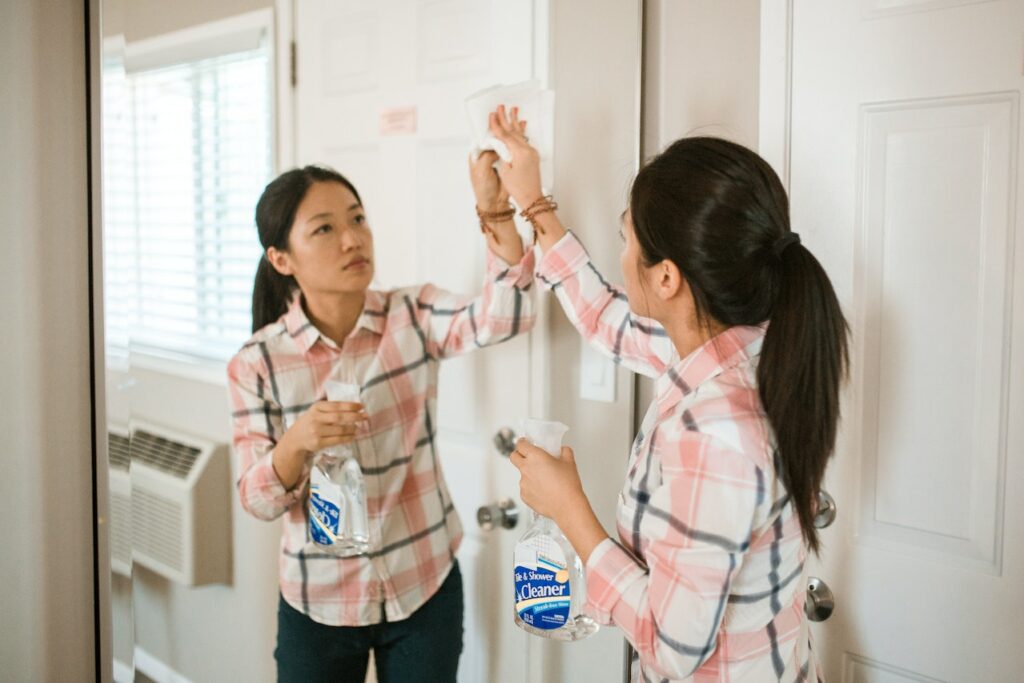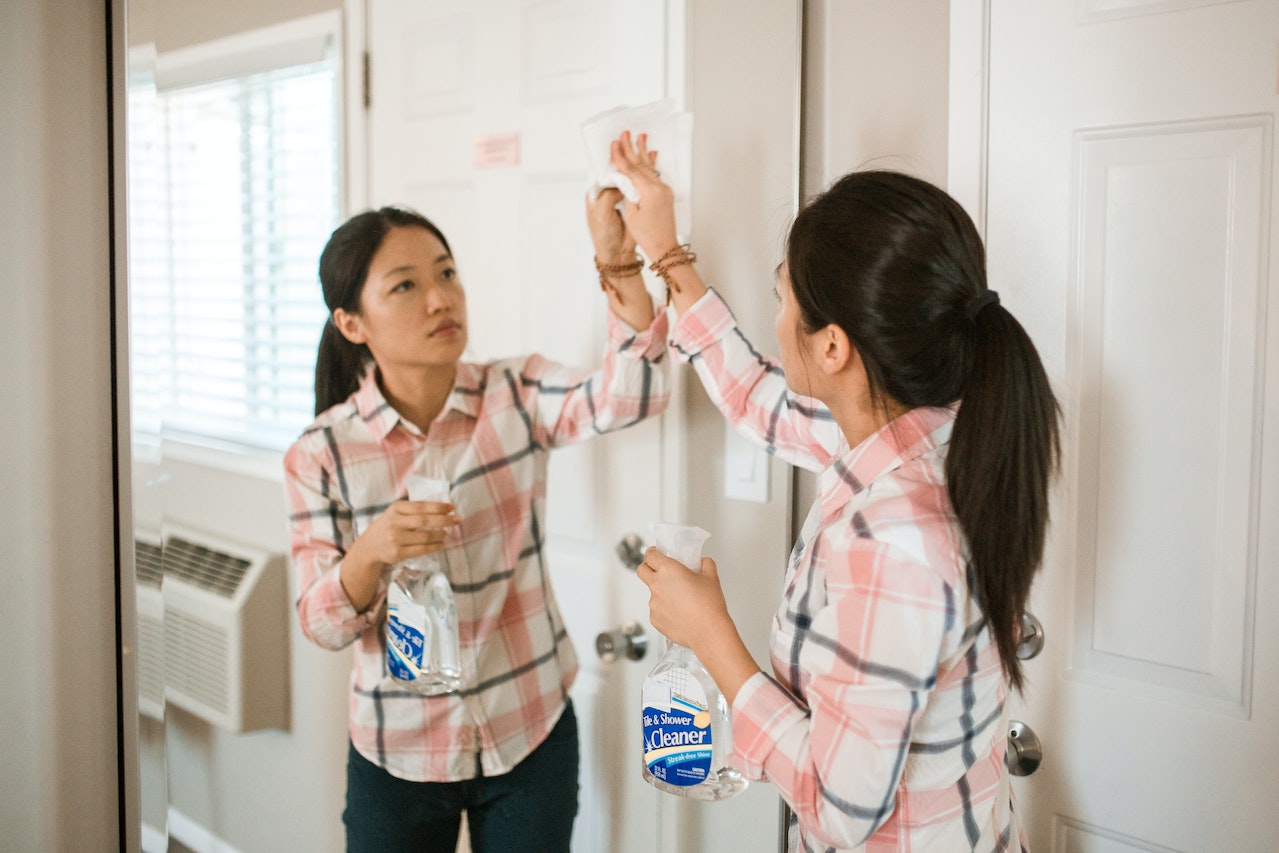Did you know that it is compulsory for employers to get insurance for each domestic helper that you hire?
The Ministry of Manpower (MOM) mandates this requirement with the costs borne by employers.
With so many different helper insurance plans in Singapore, do you have time to make comparisons and squint through those financial terms? Here are some of the common questions my clients ask about insurance for their Migrant Domestic Workers (MDW):
Q: The compulsory medical insurance coverage for domestic helpers must be at least S$15,000 per year for hospitalisation and day surgery. Should I purchase more than the basic coverage?
Are you aware that employers in Singapore have a legal responsibility on migrant worker’s medical treatments? Helpers who are sick or injured may suddenly require unexpected hospitalisations and medication needs.

Medical cost is high in Singapore; thus, I would advise employers to choose a higher hospitalisation coverage for a peace of mind of the unexpected. However, it is also important to know how much your budget is. This is always the first question to ask yourself before committing to any insurance plan.
However, by end 2022, employers of newly hired maids or re-contracting helpers will have to buy higher medical insurance coverage for their domestic workers. The new insurance coverage must have a minimum annual claim limit of $60,000 for hospitalisation and surgical procedures instead of $15,000.
Employers should also note that the insurers will reimburse claims for inpatient and day surgery directly to the hospitals. This means that with the higher coverage requirement, insurers will still cover the first $15,000 of bills, as well as 75% of amounts above $15,000, up to the annual claim limit. Employers will co-pay the other 25%, as well as any further charges beyond the claim limit.
This change helps families with helpers ease up their cash flow when such unexpected situations occur.
Q: What is the security bond, and does it benefit the employer if the helper commits an illegal act?
A security bond is a compulsory binding pledge to pay our government if the employer or helper breaks the law or Work Permit conditions. The bond is in the form of an insurer’s guarantee and applies to each helper employed unless they are Malaysians.
In September 2022, the Philippines government removed the requirement for a banker’s guarantee and performance bond when hiring Filipino maids. Note that the security bond and performance bond are different.
In addition to the regulatory updates, employers are no longer held accountable for their MDWs actions e.g. pregnancy, or if she runs to MOM or the embassy.

Should any conditions related to their work permit or security bond be contravened, the $5,000 security bond could be fully or partially forfeited. Some situations where you will be liable should you fail to comply:
- pay the fixed monthly salary declared
- pay for her medical treatments
- provide acceptable lodging
- pay the foreign worker levy
- send your helper for her bi-annual medical examinations
- if you do not send her back on time when her permit becomes invalid, etc.
However, should your foreign domestic worker go missing, it results in forfeiting half of the bond ($2,500) if you follow the right process. This means filing a police report and cancelling her work permit within a week of the incident. Once you cancel her work permit, you have a month to locate her; otherwise, you will inevitably lose $2,500.
When hiring domestic helpers, employers are not liable for the helper’s violations if they can prove that she was informed of the Work Permit conditions to comply with. You will need to also report the violation as soon as you know about it. Likewise, if she commits something illegal.
Q: Is it worth topping up for the optional Waiver of Counter Indemnity when getting helper insurance?
f you activate the security bond, your insurer pays the government on your behalf and later claims the amount from you.
So, what are the benefits of adding on the optional Waiver of Counter Indemnity? Is it worth the extra cost?
First, you need to understand how the Waiver of Counter Indemnity works. It limits your bond liability to the amount stated by your insurer (e.g. $250) if the security bond is breached. Thus, the insurer bears the loss of your $5,000 deposit for the security bond. The key requirement would be that the bond breach must not be due to the employer’s negligence or fault.
Realistically, the main advantage of topping-up would be if your helper runs away – that’s when the Waiver of Counter Indemnity would protect against your security bond. For most of us, unless we intentionally break the law like helper abuse, topping up for this add-on is worthwhile. One less worry about hiring a helper – why not?
When comparing maid insurance plans, you may realise that some insurers include the waiver of counter indemnity benefit at no extra cost. Let me know if you wish to find out more.
Although getting a maid insurance policy is compulsory in Singapore, many usually don’t give much thought or have the time to compare different helper insurance policies’ coverage. Most people hire a domestic helper through a maid agency and it’s fuss-free since they usually offer helper insurance plans through their partners too.
However, if you need to make any insurance claims, you must handle them directly instead of going back to the maid agency.

Why does choosing the best maid insurance policy seem so troublesome?
The truth is: all employers prioritise different things. Some may prefer to go with wallet-friendly policies that meet the minimum MOM requirements, while others prefer more benefits or coverage to protect against the unexpected.
Other insurance benefits to consider when getting a maid insurance policy
Domestic helper policy period
Why does the insurance policy cover for 14 or 26 months when MOM issues a 12 or 24-month work permit? Most employers hire a domestic helper on a 2-year contract, choosing a 26-month plan helps you save at least 30% of your expenses in a year. Additionally, the additional 2 months serves as a buffer for any unforeseen circumstances.
Cheaper medical check-ups
Since their 6-month medical check-ups are mandatory, look out for insurance policies that include a special rate for these medical expenses. For a discounted fee, your helper simply visits any panel doctor for her bi-yearly appointments. Since the 4 visits are compulsory over a 2-year contract, you enjoy savings on those expenses too.
Don’t fret over complicated fine prints and insurance policy details. If you prefer to save yourself the hassle of comparing insurance policies, feel free to reach out to me.
Note: All information outlined in this article is accurate as of Dec 2022.




